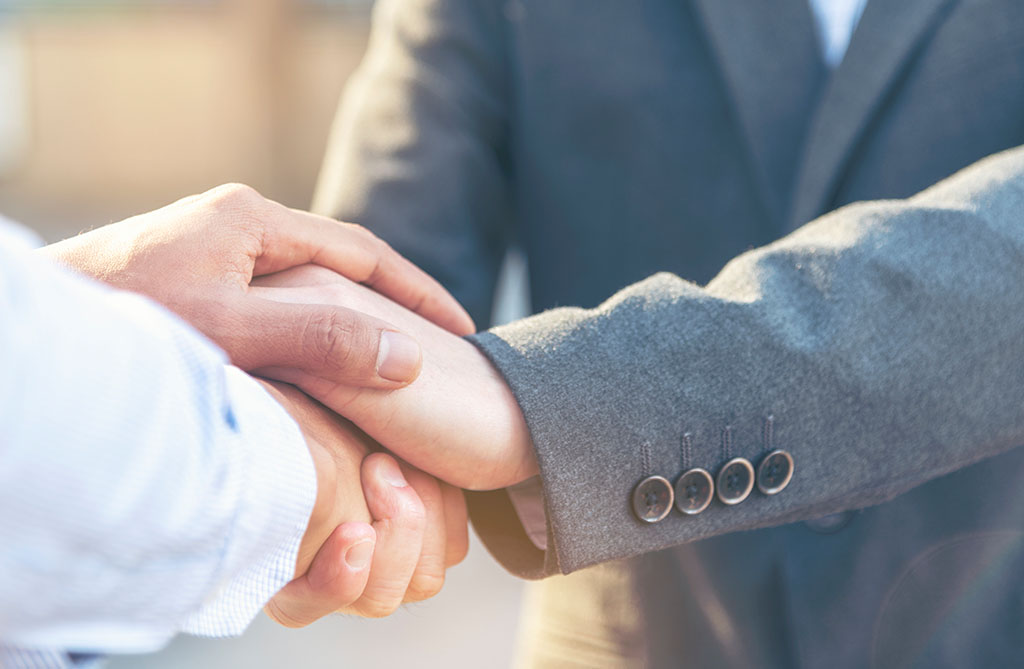When we talk about trust in relationships, we tend to think of cheating statistics and whether we feel that our relationship or marriage will last the test of time. Statistics for infidelity during long-term relationships are unreliable due to the nature of the question, but it can be estimated that around half of people admit to being unfaithful at some point in their lives. This must also depend on your definition of ‘unfaithful’, as wide variations in understanding of infidelity are found from couple to couple (or group to group!)
The likelihood of divorce is often stated as 50/50, meaning that half of all marriages will end in divorce. A closer look at available data suggests that it is more accurate to note that there are roughly half the number of divorces each year compared to the number marriages, (as opposed to the total of married couples.)
Beyond these basic statistics and issues, lie our deeper feelings about intimacy, trust, love and sex. What is at play in our subconscious that is informing our sexual and relationship choices?
Intimacy
Intimacy is often thought of as sexual, but we can have intimacy in all our relationships, sexual or not. To share true emotional intimacy with others we need to have a keen observation of what is going on inside and around us. Connecting to people in a way that is not centred around control and manipulation is a very tricky skill for most people, if not everyone to some extent. Perhaps consciously observing our own manipulation and control is as good as it gets most of the time. Loosening the tight grasp that many of us have around trying defend ourselves – to prevent the fear and pain of our past relationships recurring – can help us from repeating the same patterns again and again. It is in fact the fear that we are holding that makes us likely to repeat the patterns.
To truly trust someone in our lives, whether it be a partner or anyone else, a careful examination of ourselves, our connection to the other, their state of being and our relationship with the world is required. A fairly daunting sounding task, but that’s life folks!
Carefully choosing the other people to accompany us on this journey is an act of love both to ourselves and to the world at large, increasing our own happiness and well being, thus benefitting those around us also!
- Bell Peppers 101: Nutrition Facts and Health Benefits - April 19, 2024
- Products That Assist with Stress Relief - September 21, 2023
- TRÈFLE – THE ROAD TO THE 15TH - July 29, 2023







